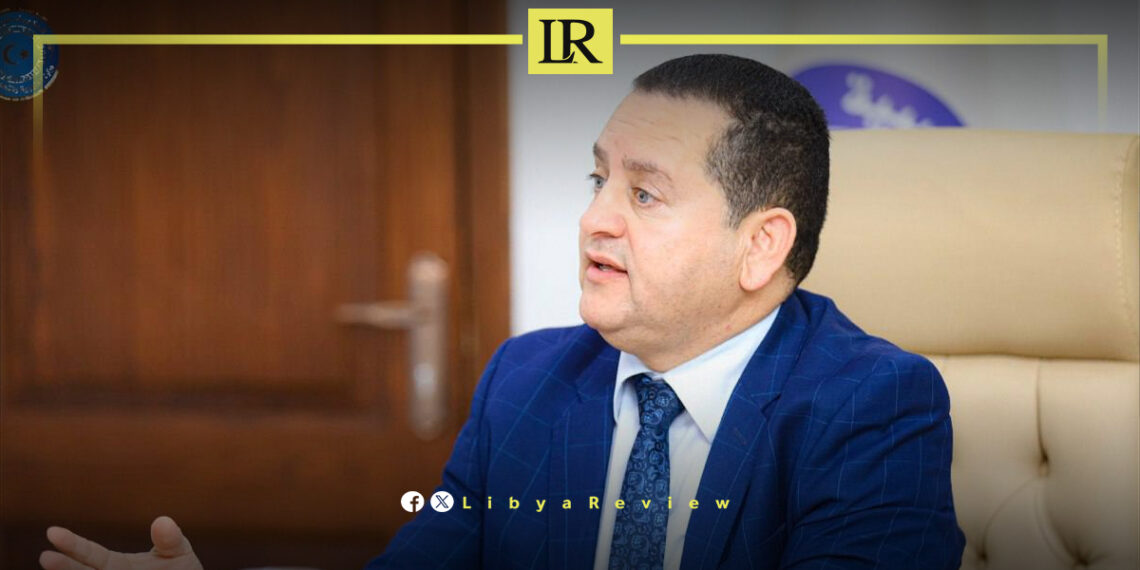Libya’s Minister of Foreign Affairs and International Cooperation, Abdelhadi Al-Hwaij, chaired the 13th meeting of the ministry’s political department directors, focusing on boosting Libya’s role in global diplomacy.
According to an official statement from the ministry, the high-level meeting, held at the Foreign Ministry’s headquarters in Benghazi, addressed key issues related to Libya’s foreign policy and discussed ways to enhance existing and potential partnerships with various countries. The discussions also explored the current challenges facing Libya’s diplomatic efforts, with a strong emphasis on institutional performance and strategies to increase Libya’s visibility and influence on the international stage.
During the meeting, Minister Al-Hwaij stressed the importance of strengthening coordination and cooperation among the ministry’s departments to achieve Libya’s strategic diplomatic goals. He underscored the need to project a positive and balanced image of Libya in regional and international forums.
The meeting also reviewed several forward-looking initiatives aimed at modernizing Libya’s diplomatic operations and boosting collaboration with international partners in political, economic, and multilateral affairs.
At the conclusion of the session, Minister Al-Hwaij highlighted the importance of investing in the development of national diplomatic talent and fostering teamwork to safeguard Libya’s national interests and elevate its international standing.
Libya has been in chaos since a NATO-backed uprising toppled longtime leader Muammar Gaddafi in 2011. The county has for years been split between rival administrations.
Libya’s economy, heavily reliant on oil, has suffered due to the ongoing conflict. The instability has led to fluctuations in oil production and prices, impacting the global oil market and Libya’s economy.
The conflict has led to a significant humanitarian crisis in Libya, with thousands of people killed, and many more displaced. Migrants and refugees using Libya as a transit point to Europe have also faced dire conditions.
The planned elections for December 2021 were delayed due to disagreements over election laws and the eligibility of certain candidates. This delay has raised concerns about the feasibility of a peaceful political transition.
Despite the ceasefire, security remains a significant concern with sporadic fighting and the presence of mercenaries and foreign fighters. The unification of the military and the removal of foreign forces are crucial challenges.


